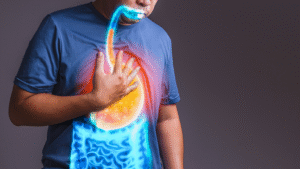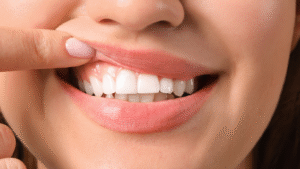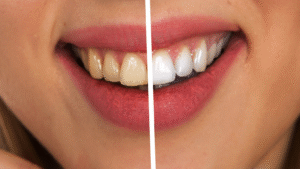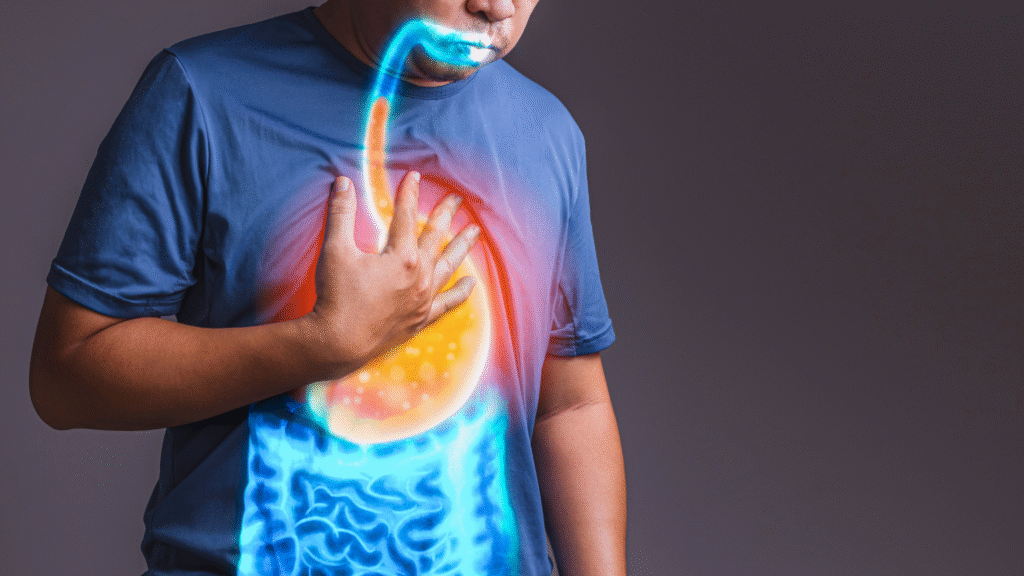While oral piercings and tooth jewelry are popular forms of self-expression, they pose significant, long-term risks to your dental health. At Professional Dental, with multiple locations throughout Utah, our priority is safeguarding your smile. We treat many patients, particularly young adults, facing complications from tongue, lip, and tooth ornaments.
Common Types and Serious Health Complications
Oral piercings are most commonly found on the tongue (the most popular site), followed by the lips and cheeks. While studs, barbells, rings, and hoops made from various metals (like stainless steel, gold, and titanium) are common, the presence of any foreign object significantly increases oral health risks.
Risks and Complications Associated with Oral Piercing
Piercings, which are essentially puncture wounds in highly vascularized tissue, can lead to a wide range of immediate and long-term issues:
- Dental Damage: Chipped or fractured teeth, cracks in enamel, and damage to existing dental restorations or fixed prostheses.
- Gum & Soft Tissue Issues: Gingival recession (gums pulling away from the tooth), soft tissue injuries, lacerations, and scarring.
- Infection & Swelling: Significant swelling (edema) which can sometimes lead to airway obstruction, severe infection (like Ludwig’s angina), abscesses, and systemic illnesses.
- Jewelry Problems: The jewelry can become embedded in surrounding oral tissues (requiring surgical removal) or, dangerously, be aspirated or swallowed, posing a risk to respiratory or digestive organs.
- Bacterial Accumulation: Oral jewelry is a prime site for plaque accumulation and harboring periodontopathogenic bacteria, increasing the risk of gum disease and decay.
- Other Issues: Allergic reactions, interference with speech and chewing, and potential interference with dental X-rays and diagnosis.
The Extreme Danger of Tongue Splitting
Tongue splitting (bifurcation) is an invasive body modification where the tongue is surgically severed into two pieces. This dangerous procedure is often performed without sterile conditions or medical supervision and carries extreme risks:
- Severe Bleeding: The tongue is highly vascular, making the risk of life-threatening bleeding extremely high.
- Nerve Damage: Significant risk of lingual nerve damage, which can result in permanent loss of sensation or movement.
- Infection & Complications: High risk of severe bacterial infection and other adverse effects, including pulmonary embolism in severe cases.
The ADA strongly advises against tongue splitting due to the serious potential for morbidity and mortality.

Dental Jewelry: Grills, Gems, and Caries Risk
Beyond piercings, temporary or permanent tooth ornamentation is common, including:
- Dental Grills (“Grillz” or “Fronts”): Removable, often bejeweled, devices fitted over the anterior teeth.
- Tooth Gems: Diamonds or precious stones glued to the tooth surface.
- Ornamental Crowns: Gold or decorated crowns placed on anterior teeth.
These forms of oral jewelry create ideal surfaces for food particle entrapment and plaque biofilm accumulation. This significantly increases the risk of dental caries (cavities) and periodontal inflammation over time, especially if oral hygiene is inadequate.
If you choose to proceed with an oral piercing or wear oral jewelry, our specialists at Professional Dental recommend the following steps to minimize damage and infection risk:
- Immediate Care: Expect pain and swelling for the first few days. Use an alcohol-free mouthrinse to cleanse the piercing site.
- Jewelry Change: After the initial swelling subsides, return to your piercer to have the original, longer jewelry replaced with a shorter piece. This is critical to minimize damage to teeth and gums.
- Strict Oral Hygiene: Maintain a rigorous routine: brush twice daily with fluoride toothpaste, floss regularly, and continue using alcohol-free mouthrinse.
- Avoid Manipulation: Do not play with the jewelry (clicking it against your teeth). This is the leading cause of chipped teeth and gum recession.
- Monitor Closely: Watch for any signs of infection, including increasing pain, prolonged swelling, unusual discharge, or offensive odor. Contact our Utah office immediately if you see these signs.
- Safety First: Remove all oral jewelry before participating in any athletic activity, especially contact sports, to prevent lacerations, aspiration, or tooth trauma.
Your oral health is too important to risk. If you are experiencing complications or need guidance on safe maintenance, trust the experts at Professional Dental.
Call us today at (801) 785 – 8000 to schedule your risk assessment at one of our multiple Utah locations.








